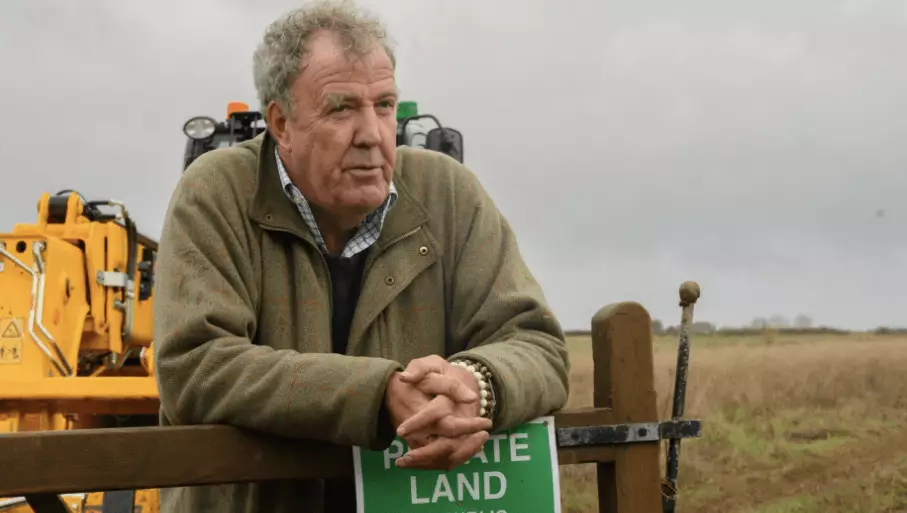In recent discussions surrounding Jeremy Clarkson, the controversial television personality and former “Top Gear” host, the topic of his farm ownership has resurfaced. Clarkson, well-known for his outspoken views and provocative persona, made headlines over a decade ago when he candidly stated that he purchased his farm, Diddly Squat, as a means to dodge inheritance tax. This assertion drew significant criticism, not just for its underlying implications about wealth management but also for how it represented a larger issue of tax avoidance among the affluent. Fast-forward to today, and Clarkson is attempting to recast this narrative, claiming that his initial declaration was not fully truthful and that his motivations for buying the farm were more innocent than previously articulated.
In a recent interview with The Times of London, Clarkson revealed that his true reason for acquiring the farm was to pursue his passion for shooting. He described himself as “naive” when he made the purchase and suggested that he framed his story about tax avoidance for better public relations. The admission raises intriguing questions about authenticity in public figures and the narratives they create. Is it so shocking that Clarkson, like many in his position, might embellish the truth to cultivate a narrative more favorable to public opinion? This contemplation is particularly relevant given the context of his ongoing reality show, “Clarkson’s Farm,” which has gained a significant following and showcases the complexities of farming life.
Despite the uncertainties surrounding the reasons behind his purchase, Clarkson has positioned himself as a vocal supporter of the farming community in the UK. His participation in protests against government policies, specifically regarding inheritance tax on farmers, demonstrates a newfound commitment to addressing the challenges facing this sector. He asserts that government officials lack a true understanding of the burdens that farmers endure. This advocacy could be interpreted as a sincere desire to make a difference, showcasing Clarkson’s ability to pivot from self-interest to a broader communal concern.
Interestingly, amidst this advocacy, Clarkson dismissed suggestions that he should enter the political arena to further represent farmers’ issues, calling himself a “terrible political leader.” This statement highlights the tension between celebrity and political ambition. While public figures often leverage their platform to impact governance, Clarkson appears to recognize the limitations of his abilities in this realm. His acknowledgment may resonate with audiences who appreciate straightforward honesty over the often murky waters of political rhetoric.
Jeremy Clarkson’s journey from his controversial statements regarding tax evasion to becoming an active voice for farmers illustrates the complicated nature of his persona. While he has faced scrutiny, his support for the agricultural community may redeem him in the eyes of some critics. Overall, Clarkson’s narrative invites further exploration into the ethics of public figures, the sincerity of their motivations, and the profound societal issues that the farming community faces today. As he continues to navigate this landscape, it remains to be seen how his actions will solidify his legacy beyond the world of entertainment.

